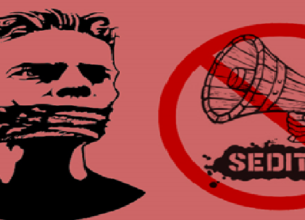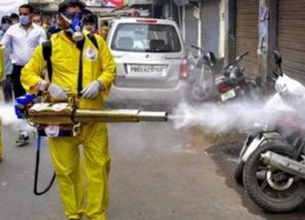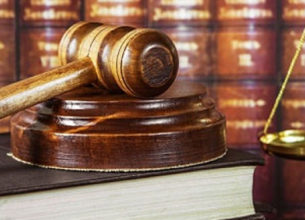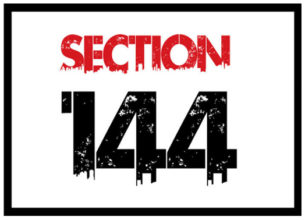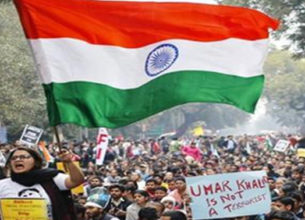POLICE AND PUBLIC ORDER IN NCT DELHI
28, Feb 2020
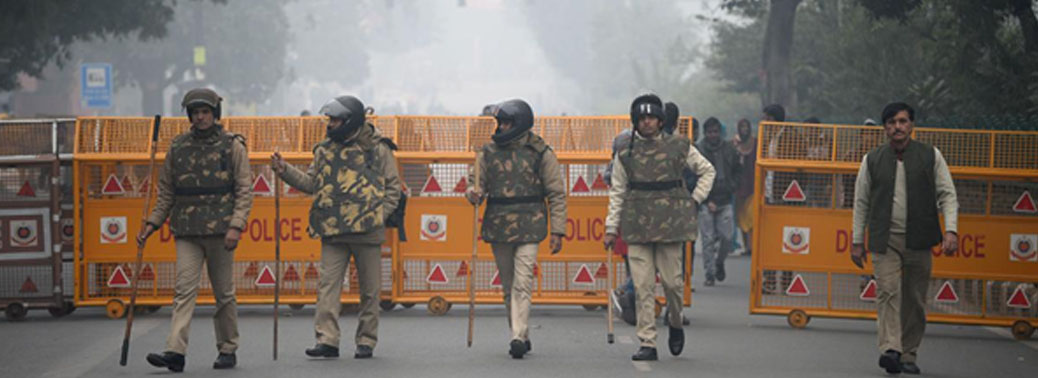
Prelims level : Policies
Mains level : GS-II Functions and responsibilities of the Union and the States, issues and challenges pertaining to the federal structure, devolution of powers and finances up to local levels and challenges therein.
Why in News?
- The Delhi High Court has issued a series of directions to the Delhi police, the State government and other agencies for providing all necessary assistance to those affected by the violence in northeast Delhi.
What is the Issue?
- A key question now being raised is whether or not the government of the National Capital Territory of Delhi can take any action to bring law and order under control.
- The NCT of Delhi, under Article 239 AA, has been given a special status.
- It gives powers of law-making and administration to an elected legislature and the council of ministers. But, puts two subjects — public order and police— directly under the Union government, however, with exceptions- Two sections of Criminal Procedure Code (CrPC) —129 & 130 — give the Executive Magistrate certain powers relating to “unlawful assembly”.
- Under these two limited powers, the Executive Magistrate, who reports to the Chief Minister, can issue orders relating to public security.
What does CrPC 129 and 130 says?
- If a group is found in unlawful assembly under Section 129 CrPC, the Executive Magistrate can issue orders to these persons to disperse. If this fails, the magistrate can use the civil force — which is the police.
- If efforts under CrPC section 129 fail, the Executive Magistrate, under Section 130 CrPC, can call an officer of the armed forces of the Union to disperse the assembly. This section states that it can be invoked for “public security”.
- However, this Section empowers the officer to decide, on his own, the manner in which the unlawful assembly has to be dispersed by forces under his command.
How are these Powers Different from the powers of a Full-Fledged state?
- While public order and police are under the state list, the state government may request the Union government to make available armed forces to help restore public order.
- Even in circumstances where public disorder is not as serious as to fall in the category of an “internal disturbance” as defined in Article 355 of the Constitution, the Union Government may accede to the request.
- But, as per CrPC 130, except for the limited purpose of dispersing an “unlawful assembly” and arresting its members, neither the state government nor any authority under it has been conferred by the Constitution any legal right to call the armed forces while dealing with a public disorder or “internal disturbance”.
- Also, the Seventh Schedule of the Constitution states that use of the armed forces in the maintenance of public order is outside the purview of the states.



